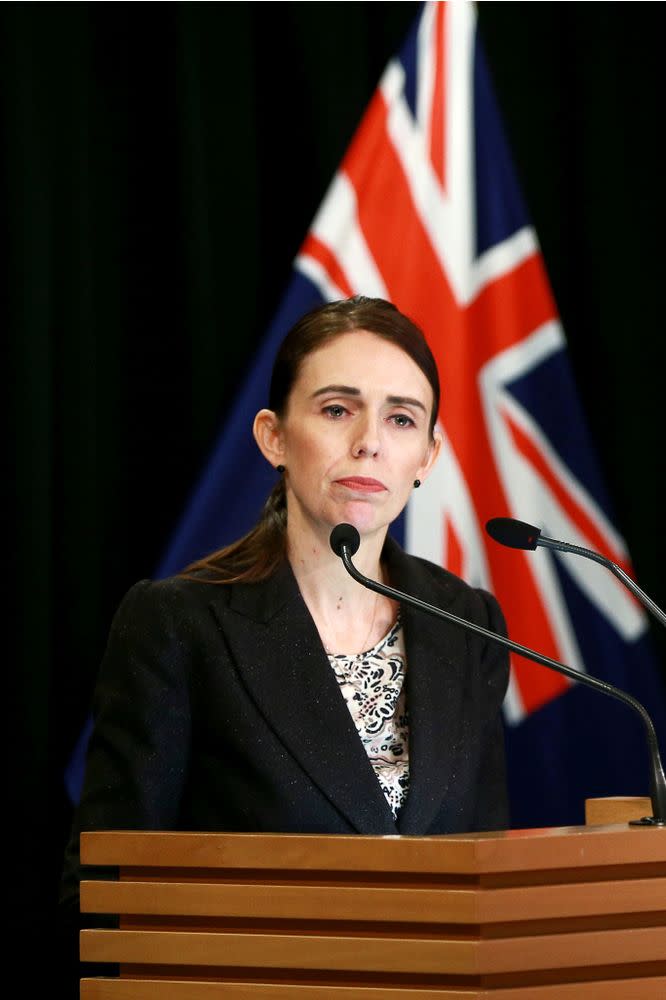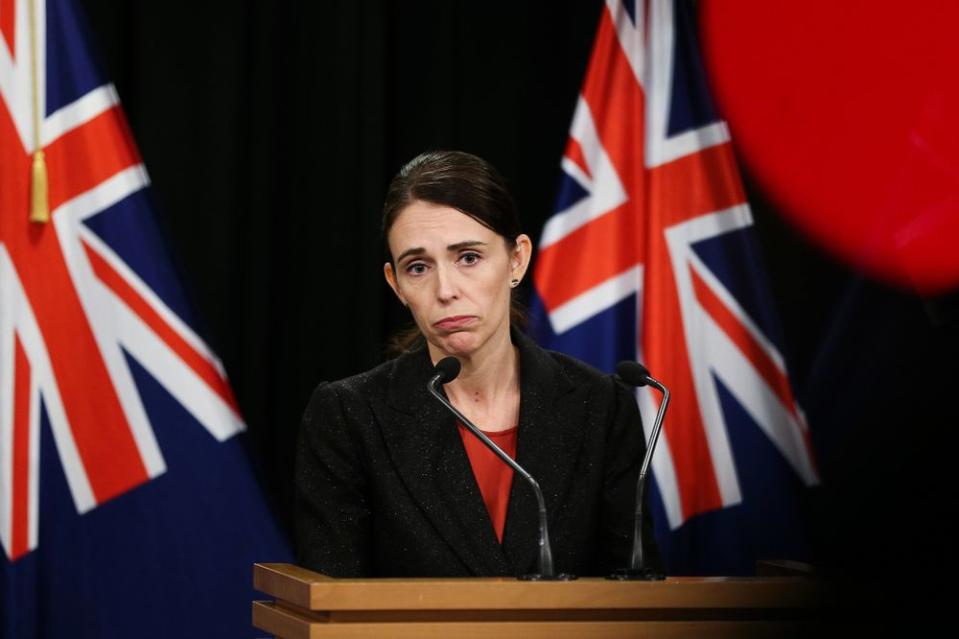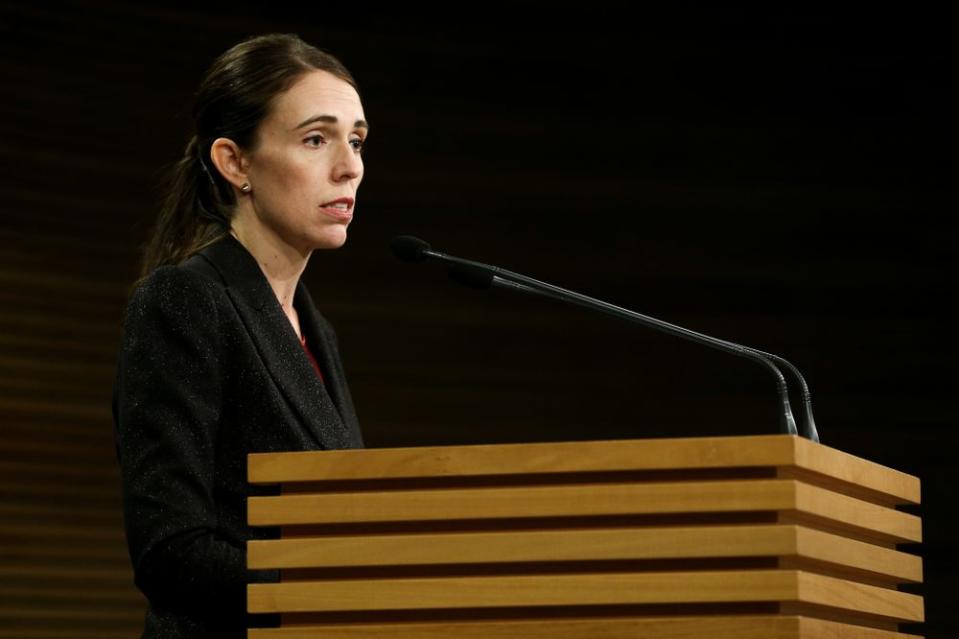New Zealand Announces Ban on Assault Rifles & Military-Style Semi-Automatic Weapons After Massacre
Less than a week after a gunman attacked two mosques in New Zealand and killed 50 people, Prime Minister Jacinda Ardern has officially announced the ban of all assault rifles and military-style semi-automatic guns.
Ardern made the announcement on Thursday local time during a press conference at Parliament, just six days after New Zealand’s worst mass shooting in history.
“I absolutely believe there will be a common view amongst New Zealanders, those who use guns for legitimate purposes, and those who have never touched one, that the time for the mass and easy availability of these weapons must end. And today they will,” she began in her speech, according to The Guardian.
“Today I am announcing that New Zealand will ban all military-style semi-automatic weapons. We will also ban all assault rifles. We will ban all high capacity magazines. We will ban all parts with the ability to convert semi-automatic or any other type of firearm into a military-style semi-automatic weapon. We will ban parts that cause a firearm to generate semi-automatic, automatic or close to automatic gunfire,” she continued.
“In short, every semi-automatic weapon used in the terrorist attack on Friday will be banned in this country,” Ardern added.
The law is expected to go into full effect by April 11, she said.
In New Zealand, guns referred to as miltary-style semi-automatic weapons are almost all those known as assault weapons or semi-automatic weapons in America. The few semi-automatics that do not come under the term in New Zealand can be converted to military-style but require additional parts such as a larger magazine. These parts will now also be banned.
RELATED: What to Know About New Zealand’s Prime Minister

During the press conference, Ardern and Minister of Police Stuart Nash advised residents that buying a gun in the meantime would be a “waste of time,” and told stores to return their stock to suppliers now.
A buyback scheme will also be instituted in the country as a way to collect all current weapons from owners with “fair and reasonable” compensation, which Ardern estimated may cost between $100-200 million.
“That is the price that we must pay to ensure the safety of our communities,” Ardern said, according to The Guardian.
Though the prime minister acknowledged that the law is a work in progress, she said she is confident that it will benefit the country and be widely supported by all.
“It is about all of us. It is in the national interest and it is about safety,” she said. “I will work hard to retain that support as we work on the remaining tranches of reform that we must make to prevent an act of terror happening in our country ever again.”
Last Friday, a gunman opened fire at two mosques in Christchurch and killed 50 people, while injuring dozens of others. A 28-year-old man has since been charged with murder.

In the wake of the shootings, Ardern vowed to give not to give any recognition to the man who allegedly attacked the mosques.
“You will never hear me mention his name,” she told Parliament in her first address there since the mass shootings on Friday, the deadliest in the country’s modern history.
Instead, Ardern called the alleged killer a “terrorist,” “criminal” and “extremist.”
“But he will — when I speak — be nameless,” she continued, “and to others I implore you: Speak the names of those who were lost rather than the name of the man who took them.”
“He may have sought notoriety,” Ardern said. “But we in New Zealand will give him nothing. Not even his name.”
Ardern also spoke out against Islamophobia and white nationalism — taking care to note that while the suspected mosque shooter was not from New Zealand, that did not mean those same ideas did not exist in New Zealand.

“We wish for every member of our communities to feel safe. Safety means being free from the fear of violence. But it also means being free from the fear of those sentiments of racism and hate that create a place where violence can flourish,” Ardern said. “And every single one of us has the power to change that.”
Ardern, her country’s youngest leader in 150 years, has been lauded for her response since the attack, as the face of a grieving but resilient nation.
Her point about namelessness is a resonant one for anti-gun violence advocates and experts on violent threats: As mass shootings have become ever deadlier in America, they have pushed for media companies and other public groups to avoid focusing the discussion on the shooter or shooters — including naming them — so as to prevent the unattended spread of their ideas.
Now with this new law, many anti-gun violence advocates have called for similar action to occur in America.

